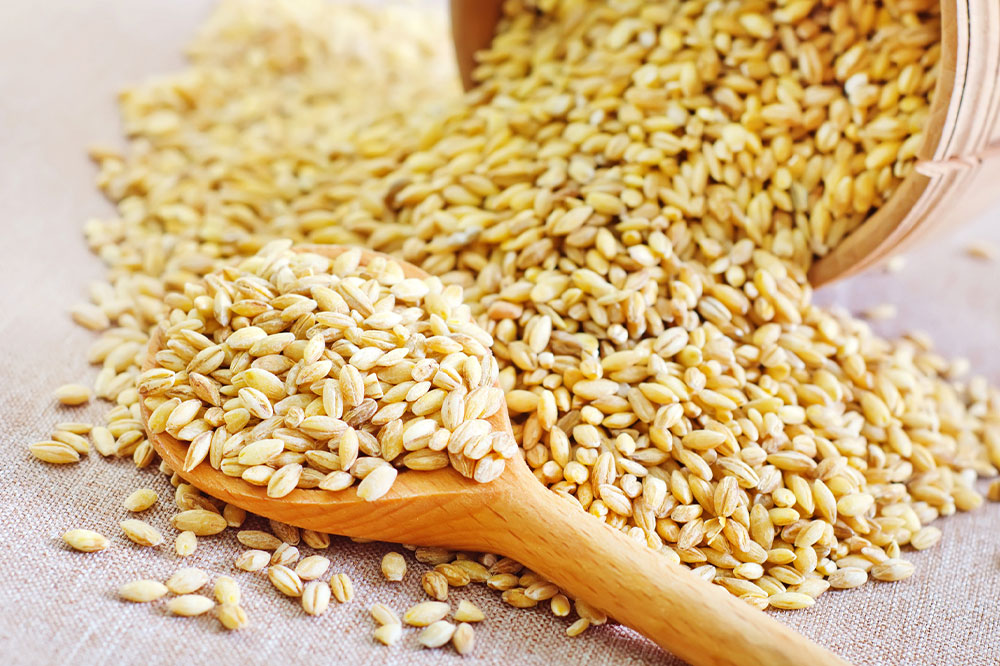6 foods that may trigger symptoms of eosinophilic esophagitis

Eosinophilic esophagitis, better known as EoE, is a chronic inflammatory disorder that affects the esophagus, causing it to swell and leading to the collection of white blood cells. This is often triggered by food and environmental allergens. It can happen to one at any age and show symptoms such as trouble swallowing, heartburn, and vomiting. Hence, one must first understand the potential allergens triggering the disorder and avoid them for treatment.
6 foods that trigger Eosinophilic esophagitis
In some cases, food allergies trigger eosinophils (a special type of white blood cells) to travel to the esophagus, resulting in medical emergencies. Read further to know more about the possible triggers of this condition.
Cow milk
One of the most common causes of EoE, milk protein often causes an immune response that leads to the overproduction of eosinophils. Patients may have different sensitivity levels to cow milk and other related products, but it is suggested to avoid the allergen completely.
Soy
In most cases, soy allergies are caused by a protein found in soybeans. Hence patients should avoid any plant-based meat replacement and also steer clear of products that have textured vegetable protein. Instead, coconut aminos can be adapted as a substitute for soy sauce and its flavor.
Shellfish
Usually, an allergy to shellfish is caused by the presence of a particular protein. This further worsens the patient’s condition and may cause health issues requiring medical intervention. Hence, one should avoid the consumption of shellfish and other fishes. Further attention should also be paid to products containing Asian sauces, as they might contain fish.
Egg
Eggs provide protein, Vitamin A, and other nutrients that are good for health. But, the presence of arachidonic acid may contribute to inflammation in the body, leading to Eosinophilic esophagitis. Thus, patients are suggested to consume egg-free foods and opt for products containing applesauce and arrowroot powder.
Bread
Products such as bread often contain wheat. This ingredient contains 4 fractions of protein, including gluten, that can elicit an allergic reaction. Therefore, patients should avoid bread and other wheat-based products such as pasta and pizza. Instead, one should consume gluten-free products like potatoes to maintain a healthier lifestyle.
Crab
A muscle protein known as tropomyosin is found in crustaceans such as crabs. This protein might trigger allergic reactions in some people resulting in the inflammation of the esophagus. So patients are often advised to refrain from crabs and other crustaceans to avoid food allergies. Patients can instead consume other animal-based proteins such as beef and pork.
In addition to avoiding the above, one must also consult a healthcare professional to avoid the worsening of the symptoms. Further, the consultation can help the doctor suggest a treatment plan that works best for the patient and their symptoms.